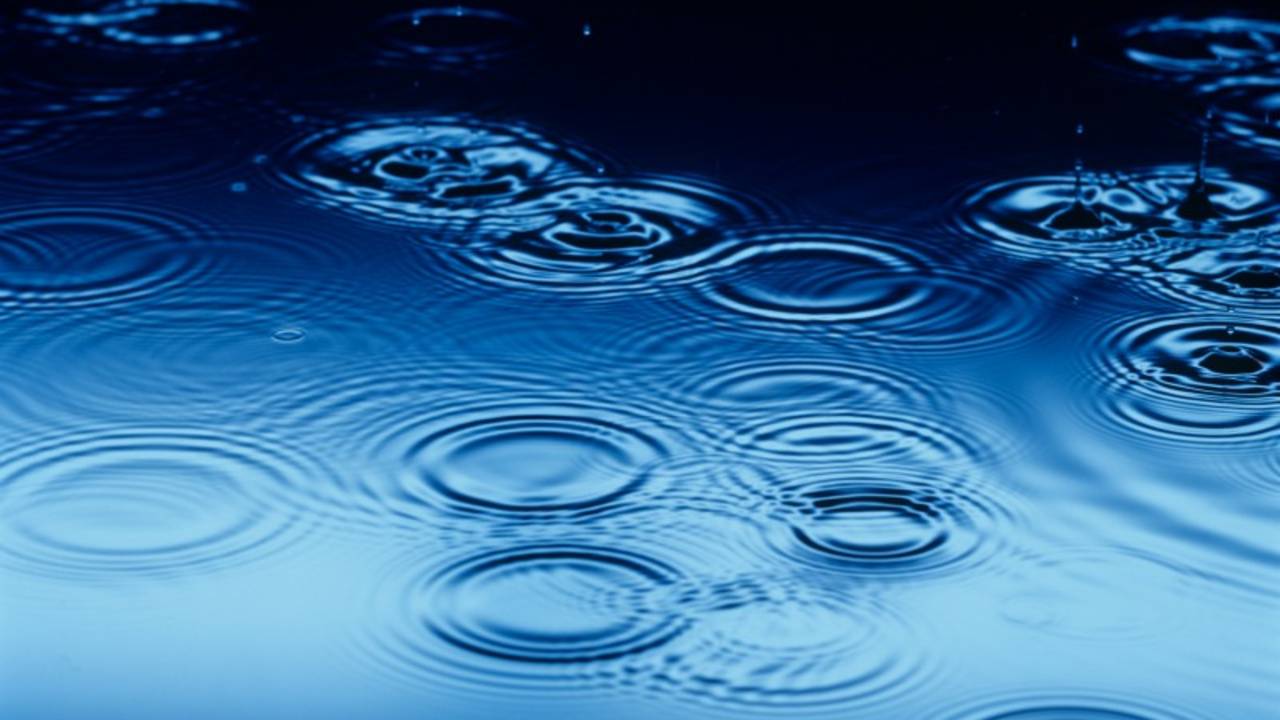Believe it or not, it’s that time again: hurricane season. While it’s easy to grow complacent in the calmer seasons of winter and spring, Florida residents, especially those of us near the coast, should be diligent once the new season of storms hits us.
Whether you are a seasoned hurricane veteran or this is your first year to experience a storm season in Florida, here’s what you need to know to be prepared for the next six months.
Predictions for the 2017 Atlantic Season
Officially, the 2017 Atlantic Season began on June 1st, but a named storm (Tropical Storm Arlene) was the first to join the list in April. The season will continue until November 30th. The most recent forecasts for the current hurricane season suggest that we could be busier than usual.
The National Oceanic Atmospheric Administration (NOAA), the Colorado State University (CSU) Tropical Meteorology Project, and the Weather Company all predict that 2017 could have more named storms than average. Due to current conditions, NOAA forecasts 11 to 17 named storms, with 5 to 9 of those being hurricanes, and 2 to 4 becoming major hurricanes.
NOAA suggests multiple reasons for the recent forecast. “The outlook reflects our expectation of a weak or non-existent El Niño, near- or above-average sea-surface temperatures across the tropical Atlantic Ocean and Caribbean Sea and average or weaker-than-average vertical wind shear in that same region.”
That doesn’t mean we should expect a dozen storms to move through Florida this year. In fact, we could see no activity at all. There is not a strong correlation between the number of storms that develop and the number that actually make landfall in the United States. During most active years, very few major storms have an impact on the Florida coast.
It only takes one, though, to realize why preparation is important. You don’t need to pack up and leave the coast for six months, but you’ll want to get ready before the storms start to form.
What you should do to be ready for a hurricane (or major storm)
To protect yourself, your family, and your property, you will want to follow the “hope for the best, but prepare for the worst” strategy. Here are a few tips to ensure that you’re ready if a major storm does make its way to South Florida in 2017.
Get Educated
Is it a depression, a storm, or a hurricane? What about the wind shear and storm surge? Should you know the difference? While you don’t need to take a course in meteorology, it can be helpful to know a few details when the jargon starts flying. The National Weather Service’s Hurricane Safety Tips and Resources page is a great place to start.
Know your Risks
Hurricanes and other major storms bring a host of problems with them. In addition to the high winds, massive rainfalls and storm surges can cause flooding and property damage. They can also disrupt essential services like electricity, gas, etc.
You will want to determine what hazards are most likely for your location so you can prepare appropriately.
Inspect your home
Whether you evacuate during a major storm or choose to ride it out, you will want to make sure your home is in good repair. For houses, missing or loose shingles can easily be a problem in high winds, and dead limbs can cause significant roof damage. Also ensure that you garage door is secure. If you live in a shared building like a condominium, you can check with your COA to make sure the condo is in good shape before a storm comes.
While you’re inspecting your home, you will also want to check with your insurance company to make sure that your policy is up-to-date and will cover any storm damages. Also look into whether flood insurance is available because flooding is not typically covered under a standard homeowners insurance policy.
Put together your storm kit
You don’t have to go into full-on prepper mode to be ready for a storm. But you also don’t want to be staring at empty shelves in the store when a hurricane is about to hit. Even if the storm doesn’t look that bad, disruptions to power or flooding could mean you’re trapped in your home without access to essentials.
To make sure you can weather the storm (and the potential aftermath), have the following set aside in your storm kit:
- Water: Enough for 3-7 days. Experts recommend a gallon per person per day.
- Food: Again, enough for 3-7 days. You will want to make sure you have non-perishable food, including some that doesn’t require electricity to prepare.
- First-Aid Kit: Make sure you’re fully stocked and don’t have expired medications. Also, be sure that you are well-stocked with any prescriptions you need.
- Cash: Credit and debit cards are convenient, but they are not as reliable in an emergency situation. Don’t wait until after the storm hits because ATMs might not be working at that point.
- Flashlights with extra batteries.
- Radio: Smartphones and computers are great for instant information and updates, but you might not be able to connect to the internet after a storm. A battery-operated radio can keep you informed about weather updates and evacuation plans.
- Other essentials: Can opener, matches, candles, etc.
- Special items: You know what your family needs better than anyone. Just remember any particular concerns for your most vulnerable loved ones (babies, the elderly, pets, etc.)
Secure your home
Once a storm is imminent, you will want to give yourself and your home the best chance for getting through undamaged. Take advantage of your storm shutters if you have them or cover your windows with plywood if possible.
Bring in all outside furniture, grills, and anything that can be moved. If you can’t store it inside somewhere, tie it down so it doesn’t end up becoming a projectile.
If you live in a condominium, check to see if your association has a hurricane preparedness plan. Be sure to follow all the rules and regulations to protect yourself and your neighbors.
Create an evacuation plan
It’s possible that no matter how secure your home is, it will not be safe during a major storm event. In extreme cases, state or local officials will institute mandatory evacuation to protect citizens and minimize the chaos after a major storm.
Before you are taken by surprise, develop an evacuation plan for your family. Determine potential shelter locations and know where you will go if you have to evacuate. You will want to look at multiple routes to get to a safe location.
Put the plan in writing and review it with your entire family so that everyone is prepared.
Takeaway
If you have never been through a major hurricane in Florida, it can be a scary experience. Major storms aren’t that common, but they can leave a lasting impression. The best time to prepare is before a storm has formed, so get your plan ready today.
For more information about how to get the most out of life in South Florida, contact the Jablon Team.



Comments(1)